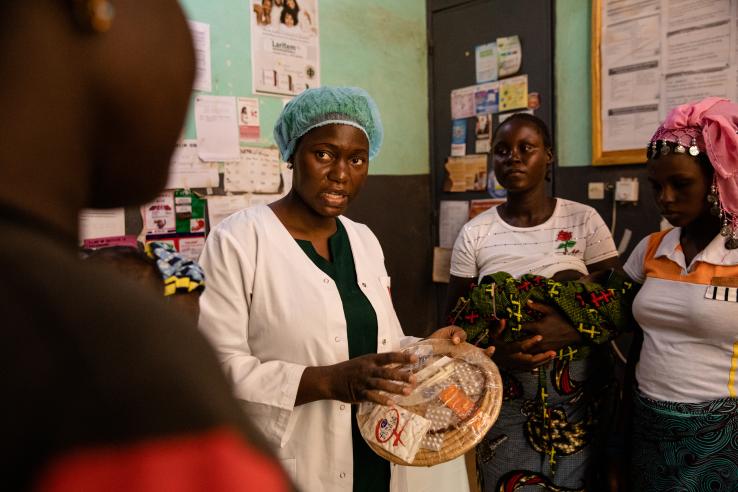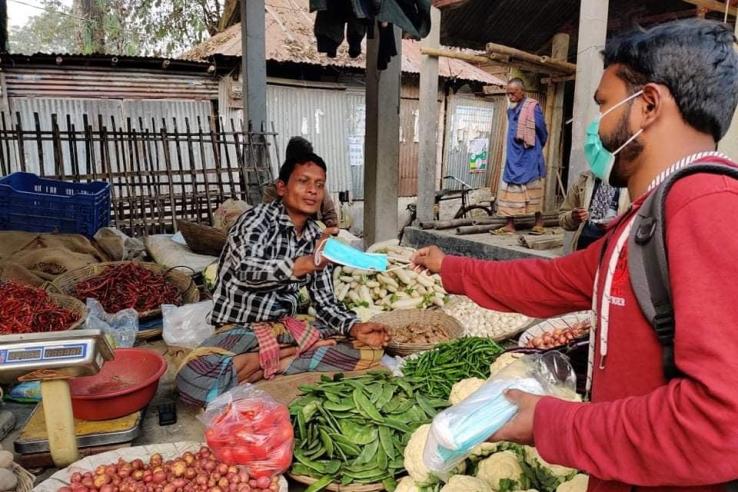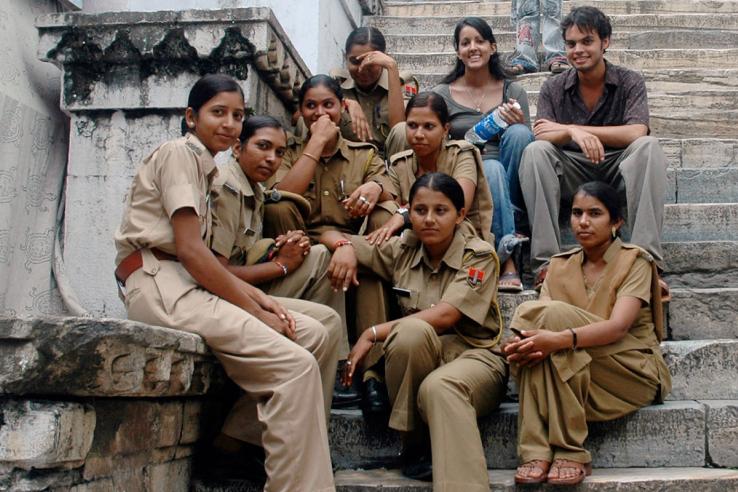Scaling up an evaluated pilot
A classic approach to evidence-based policy design is to first test an innovation at smaller scale, rigorously evaluate it, and scale the pilot up in the same context if it is shown to be successful. In particular, this method has been applied by governments that have created space for piloting and evaluation as a means to test promising new innovations or tweaks to existing programs. However, there can be important differences in context even within the same country or state, so it is important to factor in administrative capacity to implement the intervention on a broader scale and to consider potential general equilibrium effects.
For example, in Indonesia, researchers found that providing identification cards to beneficiary households improved access to Indonesia’s national rice subsidy program. The researchers tested three variations of intervention, and found that including price information on the cards and making eligibility information public to the community further increased the subsidy that eligible households received. This evidence informed the Government of Indonesia’s decision to scale up social assistance identification cards for a range of programs to the poorest households across the country.
Case Studies







